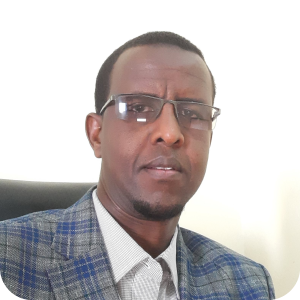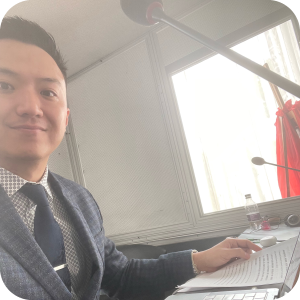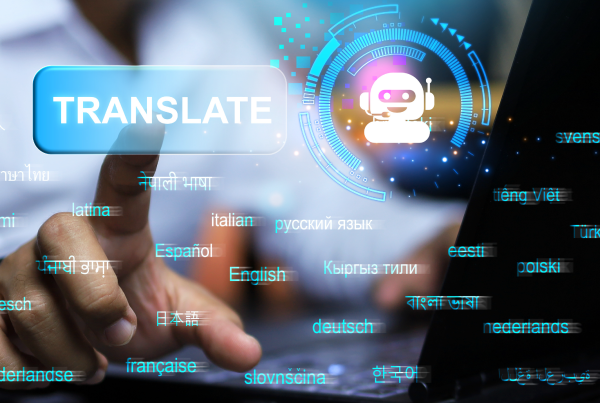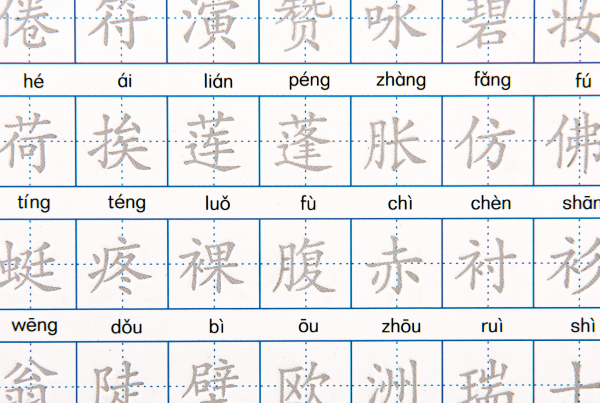Surprising insights and common misconceptions in the translation industry
Language is central to our ability to communicate and meaningfully connect with one another. As a result, when it comes to translation, there is literally a world of information to discover. And within this ever-evolving world, many insights can be gleaned, while many misconceptions can be dispelled. That’s why we asked three of our top Propio linguists to shed some light on this most critical service.
Blaire M., a Propio U.S.- and Mexico-based linguist, who specializes in Spanish-English translation explains a universal misconception we hear from many linguists:
“It is common for people to assume that any bilingual person can be a translator or interpreter.” Blaire continues, “While being bilingual is a minimum requirement, they also need to be an excellent researcher with extensive cultural knowledge, technological know-how, and have expertise in their field of specialization.”
In fact, James L., a U.K.-based linguist, who specializes in Chinese-English translation and interpretation adds that “the ability to improvise or to adjust yourself based on different scenarios is also paramount.” In fact, James L. goes on to emphasize, “being proficient in the two languages required is just the basis for someone who acts like a bridge between two sides for communication and understanding.”
Language is fluid. Just think about the simple fact that in any given year, more than one thousand new words have been added to the most respected English dictionaries. And that’s just one language in one year. Now multiply that number by the thousands of languages that exist in the world, and you can understand why James L. says,
“The main reason why I love language/linguistic studies is the fact that languages are always changing and will never stop evolving. This, for me, is the most fascinating thing because you will never fully understand one language—even though it’s your native.”
You can also then appreciate why linguists and the translation and interpretation services they provide are so critical to everyday living.
Imagine trying to navigate through your “normal” day not understanding the written word before you: the street signs or websites on your phone or computer…the textbook from which your child must learn…the instructions for operating your new tech device. Now imagine if that day involved hospital discharge instructions, complex legal communications, or even an elaborate list of benefits available for your child through their school district. If you couldn’t understand these pieces of information (because they weren’t presented in your primary language, or if the information was translated poorly), it could be annoying or catastrophic or anything in between. Mohamed A., a Propio Somaliland-based linguist, who specializes in Somali-English translation describes how simple it can be to make a huge impact via translation, all you need is “the internet, a computer, and electricity. Mohamed explains,
“If you have these three tools, the linguistic skills, and the willingness to work,” you can succeed as a translator and you can work wherever and for whom you are needed. James L. agrees and adds, “I appreciate the fact that throughout my career, I’ve had many opportunities to work with people from all walks of life.” Blaire M. shared, “The proudest moment in my career has been translating a catalog of educational materials for a non-profit organization that is dedicated to rehabilitating and reintegrating survivors of human trafficking.”
It is also very common to confuse translation (written) and interpretation (spoken), so people usually appreciate learning the distinction and that they should not be used interchangeably.
Contact us today to learn more about our translation services!
______________________________________________________________________________
Translator Q&A
 Meet Blaire
Meet Blaire
Your country of living and the languages you speak
Mexico and the US. I speak English and Spanish fluently and have basic literacy in Arabic.
How long have you been a linguist?
I started studying linguistics during my undergraduate studies in Mexico and have worked as a translator for 7 years.
What is the most fascinating or surprising linguistic discovery or insight you’ve come across in your research or studies?
Mexico has 68 official languages with Spanish only designated as the de facto language. The fact that Spanish is not legally defined as the official language allows for more rights to be given to the remainder of Mexico’s languages, including the right to use indigenous languages in governmental communication and official documents. I find it fascinating to travel to different regions of Mexico and learn indigenous words incorporated into the everyday vernacular but largely unintelligible to people from other parts of the country.
Could you share a meaningful moment or proudest accomplishment in your career?
The proudest moment in my career has been translating a catalog of educational materials for a non-profit organization that is dedicated to rehabilitating and reintegrating survivors of human trafficking.
 Meet Mohamed
Meet Mohamed
How long have you been a linguist?
I live in Somaliland and speak Somali, my native language, and English, which I consider my second language. I started translating in 2010 and am still in the translation industry and have been translating for more than 13 years.
Are there any common misconceptions you often encounter about linguists, and how do you address them?
In the city I live in, working as a freelance translator by collaborating with overseas clients is something that 99% of people can’t understand. My office is in my house, so neighbors ask me what I do for a living, and I tell them that I am a freelance translator; they say “What is a freelance translator? What do you do?” I say I translate between languages. In short, they leave without understanding my work. This is really the biggest challenge I face in my career. However, I try hard to confess to my community that my career is just like other careers they are familiar with except that my workspace is on the internet.
Could you share a meaningful moment or proudest accomplishment in your career?
The moment I became proZ certified and the following days that I earned my first Kudoz at proz.com were special moments for me. Those two things let me join the three top linguists in my language pair at proz.com – English > Somali. If you search “English > Somali translators at proz.com”, you will see me in the 2nd or 3rd rank. This is something that I am very proud of. The other thing that I am proud of is that I work with one of the best translation companies in the world – Propio Language Services. I consider them my best client and prioritize them accordingly.
 Meet James
Meet James
I’m a U.K.-based linguist specializing in Chinese-English (and vice versa) translation and interpreting. Apart from Chinese Mandarin and English, I also speak Taiwanese, Japanese, and Spanish at various levels. I’ve been working in this field for over 13 years.
Being a linguist is a non-stop learning journey because I come across different topics every day. I think when people think about being a linguist, or to be more specific, a translator or an interpreter, most people would assume that whoever can speak more than one language can easily be a linguist, but that’s not the case. For someone who acts like a bridge between two sides for communication and understanding, being proficient in the two languages required is just the basis, as factors such as cultural awareness and the ability to improvise or to adjust yourself based on different scenarios are also paramount.
I appreciate the fact that throughout my career, I’ve had many opportunities to work with people from all walks of life, from someone who might need a simple help to be seen by a doctor to leaders of a country. I’ve been involved in several high-profile projects and been on TV several times. I would recommend that those who would like to work as a linguist start with a basic language medium you are interested in, such as an introductory book or YouTube video related to translation or interpreting. Don’t forget, the most important thing is that the medium must interest you first! My long-term goal is that I wish to promote the importance of still having translators and interpreters although AI is on the rise now by sharing my personal experiences and maybe also through teaching.

 Meet Blaire
Meet Blaire Meet Mohamed
Meet Mohamed Meet James
Meet James






